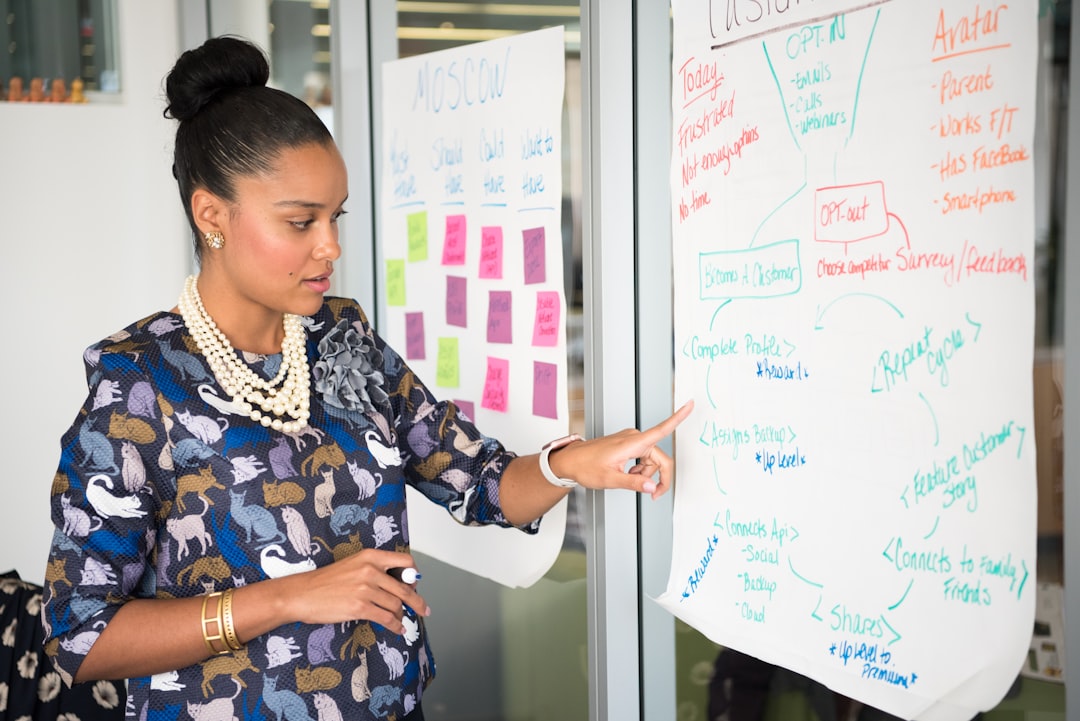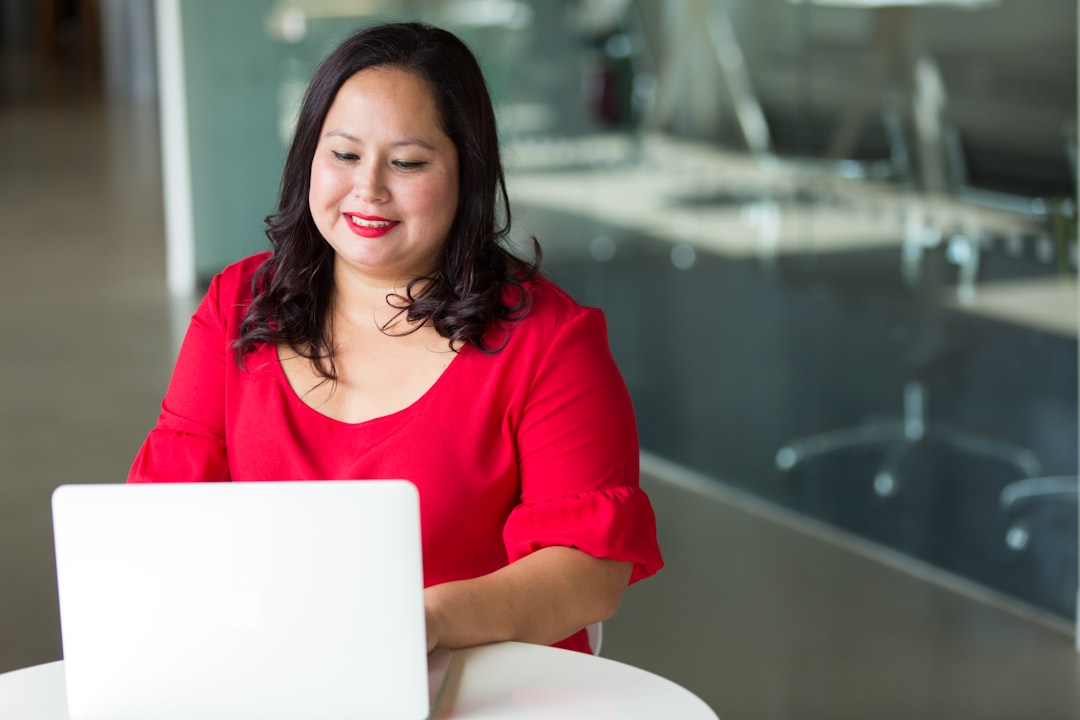In today’s fast-paced world, finding balance can be a real challenge. We often find ourselves overwhelmed with commitments and responsibilities, struggling to keep up with everything that’s expected of us. Whether it’s work, school, family, or personal obligations, it can feel like we’re constantly running on empty.
But finding balance is essential to our overall well-being. When we’re out of balance, we’re more susceptible to stress, anxiety, and burnout. We may feel tired, irritable, or unhappy, and our relationships and performance can suffer as a result.
Fortunately, there are steps we can take to find balance in our lives. By prioritizing what matters most, managing our time effectively, setting boundaries, and taking care of ourselves, we can create a more balanced and fulfilling life. It’s not always easy, and it’s an ongoing journey, but it’s worth the effort.
In this blog post, we’ll explore some practical strategies for finding balance in today’s world. Whether you’re struggling to juggle multiple responsibilities or simply feeling overwhelmed by the demands of daily life, these tips can help you regain control and find the balance you need to live your best life.
Prioritizing Your Life: What Matters Most
In today’s fast-paced world, juggling different aspects of life can be challenging. It’s not just about managing work and family life, but also prioritizing health, friendships, personal interests, and more. But despite these various demands, it’s crucial to determine what matters most to you and prioritize accordingly.
It’s easy to get caught up in the never-ending to-do lists and lose sight of the bigger picture. Taking a step back to evaluate your life goals and values is an essential first step. By doing so, you can identify those areas where you need to allocate more time and energy and those areas that can be delegated or postponed.
Prioritizing your life is not a one-time activity. It must be an ongoing process. With shifting priorities, sometimes multiple times a day, it’s imperative to stay focused on what matters most to you and ensure that your actions are aligned with your values.
One useful tool to prioritize life is the Eisenhower Matrix. The matrix categorizes tasks based on urgency and importance, helping you to determine what tasks need immediate attention and what tasks can be scheduled for later.
But prioritizing your life isn’t just about work-related tasks. It also includes taking care of yourself, maintaining relationships, pursuing personal interests, and having fun. It means choosing quality over quantity, and saying no to things that don’t align with your priorities.
Ultimately, prioritizing your life means taking control and being intentional about how you spend your time and energy. By doing so, you’ll be able to find greater fulfillment and achieve a better balance in life.
It must be an ongoing process.
Time Management: Making the Most of Every Minute
Time is a valuable commodity that we all possess in equal measure. However, how we manage this precious resource can make a significant impact on our overall wellbeing and sense of balance. It is crucial to learn how to maximize every minute of our lives, especially in a society where time seems to be a scarce resource.
Successful time management begins with understanding how you spend your time. It is essential to identify your priorities, create a plan, and set goals to make the most of your time. One way to do this is by using a schedule or planner to organize your daily tasks, appointments, and deadlines. This way, you can track how you spend each minute of your day, eliminate distractions, and prioritize essential tasks.
Another way to manage your time effectively is by learning to say no. Often, we find ourselves stretched thin because we say yes to too many things. It is crucial to identify your boundaries and prioritize your commitments. Saying no can be challenging, but it helps you create more time to focus on what truly matters.
In today’s fast-paced world, it is easy to fall into the trap of multitasking – doing several things at once. However, this approach can become overwhelming and produce subpar results. To make the most of your time, focus on one task at a time, complete it before moving on to the next, and avoid distractions that may pull you away from your tasks.
Finally, incorporating breaks and self-care into your schedule can also help maximize your time. It is easy to ignore or overlook the importance of taking care of yourself, but it is essential to remember that your mind and body require rest to function optimally. Taking regular breaks and making time for hobbies, exercise, or relaxation can help boost your productivity and sharpen your focus.
Managing time effectively is an essential aspect of finding balance in today’s world. By prioritizing tasks, setting boundaries, focusing on one task at a time, and incorporating time for self-care, you can make the most of every minute of your day. It is a continuous journey, and with practice and dedication, you will find that you can achieve more in less time, leaving you feeling more balanced and fulfilled.
Taking regular breaks and making time for hobbies, exercise, or relaxation can help boost your productivity and sharpen your focus.
Setting Boundaries: Learning to Say No
One of the biggest challenges in finding balance in today’s world is learning to say no. With countless demands on our time and attention, it’s easy to become overwhelmed and overstretched. But saying yes to everything can lead to burnout and a sense of dissatisfaction with life.
Setting boundaries is essential for maintaining balance in life. It requires the ability to recognize your limits and communicate them effectively. This means learning to say no to requests that don’t align with your priorities, values, and goals.
It can be challenging to say no, especially if you’re used to putting others’ needs before your own. However, establishing healthy boundaries is critical for taking care of yourself and preventing exhaustion, resentment, or disappointment.
Here are some strategies for setting boundaries:
- Define your values and priorities: Knowing what matters most to you can help you determine what activities or commitments to say yes or no to. Clarifying your values and goals can give you a sense of direction and purpose in life.
- Understand your limits: Everyone has limits, and acknowledging them is key to prevent burnout. You may need to assess how much time and energy you can realistically devote to certain tasks or responsibilities.
- Communicate clearly: Saying no doesn’t have to be confrontational or negative. You can use assertiveness and diplomacy to express your limits and respect the other person’s needs. Be honest, respectful, and appreciative of the request, but firm in your decision.
- Make time for your own needs: It’s crucial to set aside time for self-care, hobbies, or relaxation. These activities can help you recharge and rejuvenate, and prevent you from feeling guilty or stressed. Don’t neglect your own needs in favor of others’ demands.
- Learn to delegate or outsource: Sometimes saying no is not an option, such as in work or family situations. However, you can still set boundaries by delegating tasks to others or outsourcing some responsibilities. This can free up time and energy for things that matter most to you.
Remember, setting boundaries doesn’t mean you’re selfish or unhelpful. It means you’re taking care of yourself and respecting your own needs and resources. By learning to say no, you can create more space and time for the things that bring you joy, purpose, and satisfaction in life.
Setting boundaries is essential for maintaining balance in life.
Incorporating Self-Care: Taking Care of Yourself
Taking care of yourself is crucial in finding balance in your life. Self-care is all about making sure you prioritize your physical, emotional, and mental health. It’s about taking a moment to check in with yourself and give yourself the care and attention you need to thrive.
There are countless ways to incorporate self-care into your life. It can be as simple as taking a long bath, going for a walk in nature, or reading a book for pleasure. It can also mean scheduling regular appointments with a therapist or doctor, practicing meditation or yoga, or taking a social media break.
The key is to make self-care a priority and to regularly check-in with yourself to see what you need. It’s important to remember that taking care of yourself is not selfish but is instead necessary for your overall health and wellbeing.
When you prioritize self-care, you not only improve your own life but also positively impact those around you. When you take care of yourself, you are better equipped to show up for others and give them the attention they deserve.
Incorporating self-care into your routine may take time and effort, but the long-term benefits are undeniable. You’ll feel more grounded, centered, and ready to take on whatever challenges come your way.
So, whether it’s a long bubble bath or a morning yoga practice, make sure to take time for yourself and prioritize your own wellbeing. The world will thank you for it.
It can also mean scheduling regular appointments with a therapist or doctor, practicing meditation or yoga, or taking a social media break.
Flexibility: Learning to Adapt and Adjust
In today’s fast-paced world, it’s essential to be flexible and adaptable. Life can be unpredictable, and being able to adjust to change can make all the difference in finding balance. Flexibility can come in many forms, from adjusting your schedule to being open-minded about new opportunities.
One of the keys to flexibility is having a growth mindset. This means embracing challenges and seeing them as opportunities for growth and learning. When you approach life with a growth mindset, you are more willing to try new things and take risks. This can help you adapt to change and overcome obstacles that may come your way.
Another aspect of flexibility is being able to adjust your plans when things don’t go as expected. It’s important to have goals and aspirations, but it’s equally important to be open to changing course if necessary. This may mean reevaluating your priorities or making adjustments to your schedule to accommodate unexpected events.
It’s also essential to be flexible in your relationships with others. Communication is key, and being able to compromise and work together can help you build stronger, more meaningful connections. This can also help you navigate conflicts and overcome challenges that may arise in your personal or professional life.
So how do you cultivate flexibility in your life? One way is to practice mindfulness and be present in the moment. This can help you stay focused on the task at hand while also being open to new possibilities. You can also try new things and step outside of your comfort zone to build resilience and adaptability.
Learning to be flexible and adaptable is an essential part of finding balance in today’s world. By cultivating a growth mindset, being open to change, and building strong relationships, you can navigate life’s challenges and find success and fulfillment. Remember, finding balance is an ongoing journey, and staying flexible is a key part of the process.
It’s also essential to be flexible in your relationships with others.
Conclusion: Finding Balance is an Ongoing Journey
Achieving balance in today’s world is not a one-time event, but rather an ongoing journey. It’s a journey that requires mindfulness, awareness, and flexibility. We must be willing to adapt to the changing circumstances and make adjustments to our approach to achieve balance in our lives.
Finding balance is not a destination, but a journey that requires constant attention and effort. As we navigate through different stages of life, our priorities and goals change, and so does our need for balance. It’s essential to be mindful of these changes and make necessary adjustments to achieve balance.
Throughout this blog post, we have discussed various strategies that can help us achieve balance in life. We talked about prioritizing what matters most, managing our time, setting boundaries, incorporating self-care, and learning to adapt and adjust.
While these strategies are essential, it’s crucial to note that finding balance is a personal journey. What works for one person might not work for another. It’s essential to experiment and find out what works best for us.
In conclusion, finding balance is not a destination. It’s an ongoing journey that requires constant attention and effort. It’s about being mindful of our needs, setting priorities, and making necessary adjustments to achieve balance in our lives. Remember, the journey to finding balance is unique to everyone, but with a little persistence, we can all achieve it.





